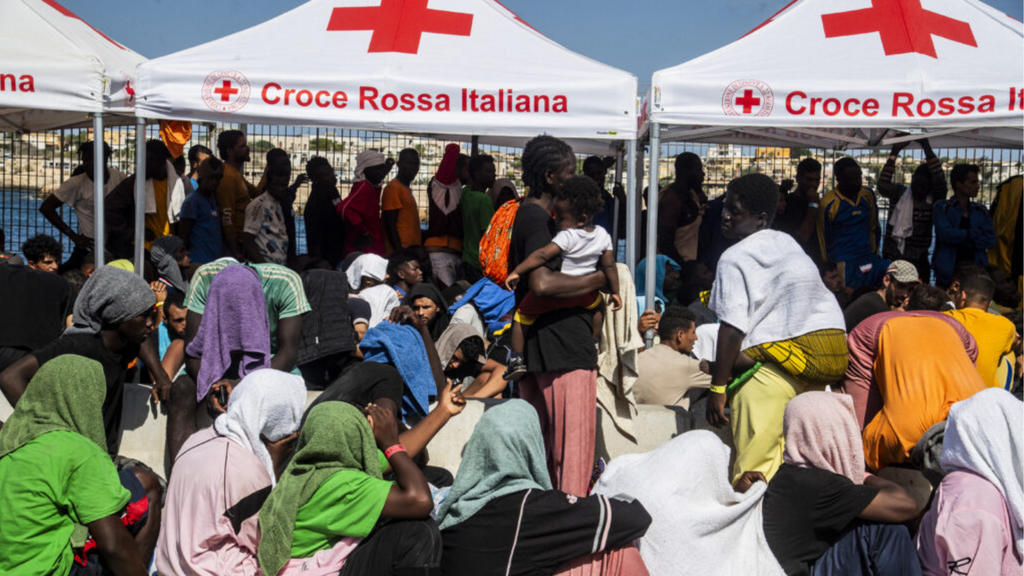The divisive EU Migration and Asylum Pact was endorsed by the European Parliament's Civil Liberties Committee (LIBE) on Wednesday. MEPs will vote for the agreement in its current form in March or April.
Months of divisive negotiations between Member States preceded the vote, and the Pact's amendments to existing migration policy passed through comfortably with about two-thirds of the vote overall.
The Dublin Regulation will be replaced by a system wherein Member States can pay €20,000 per person into a 'solidarity fund' for every migrant they do not wish to take.
New 'crisis' regulation will allow authorities to override rules in the case of large and unprecedented numbers of arrivals.
The agreement bolsters screening regulations, most significantly with the 'Eurodac regulation'. This amendment would mean that both facial recognition and fingerprints would be used on arrivals as young as six.
Europe reacts
Over 80 human rights organisations – including Human Rights Watch, International Rescue Committee, the Platform for International Cooperation on Undocumented Migrants (PICUM) – issued a statement warn that the incoming legislation poses a grave threat to rights at Europe's borders, especially those of children.
The statement appeals to MEPs to vote down an agreement that has "devastating implications" for European democracy and values.
Separately, an independent investigation published on the same day revealed that France, the Netherlands, Malta and the Czech Republic lobbied continuously to diminish the rights of children in the Pact.
For instance, France argued during a council meeting in May that continuing to exempt children from detention constituted a "major risk" to border security.
Dutch MEP Sophie in 't Veld (Renew), a rapporteur on the Pact, acknowledges that the agreement reached by LIBE goes "well over the pain threshold" regarding accusations of severe human rights breaches.
However, "simply voting it out would be irresponsible," she said in a statement. "It is a very delicate compromise between Parliament and Member States, after many years of difficult negotiations."

